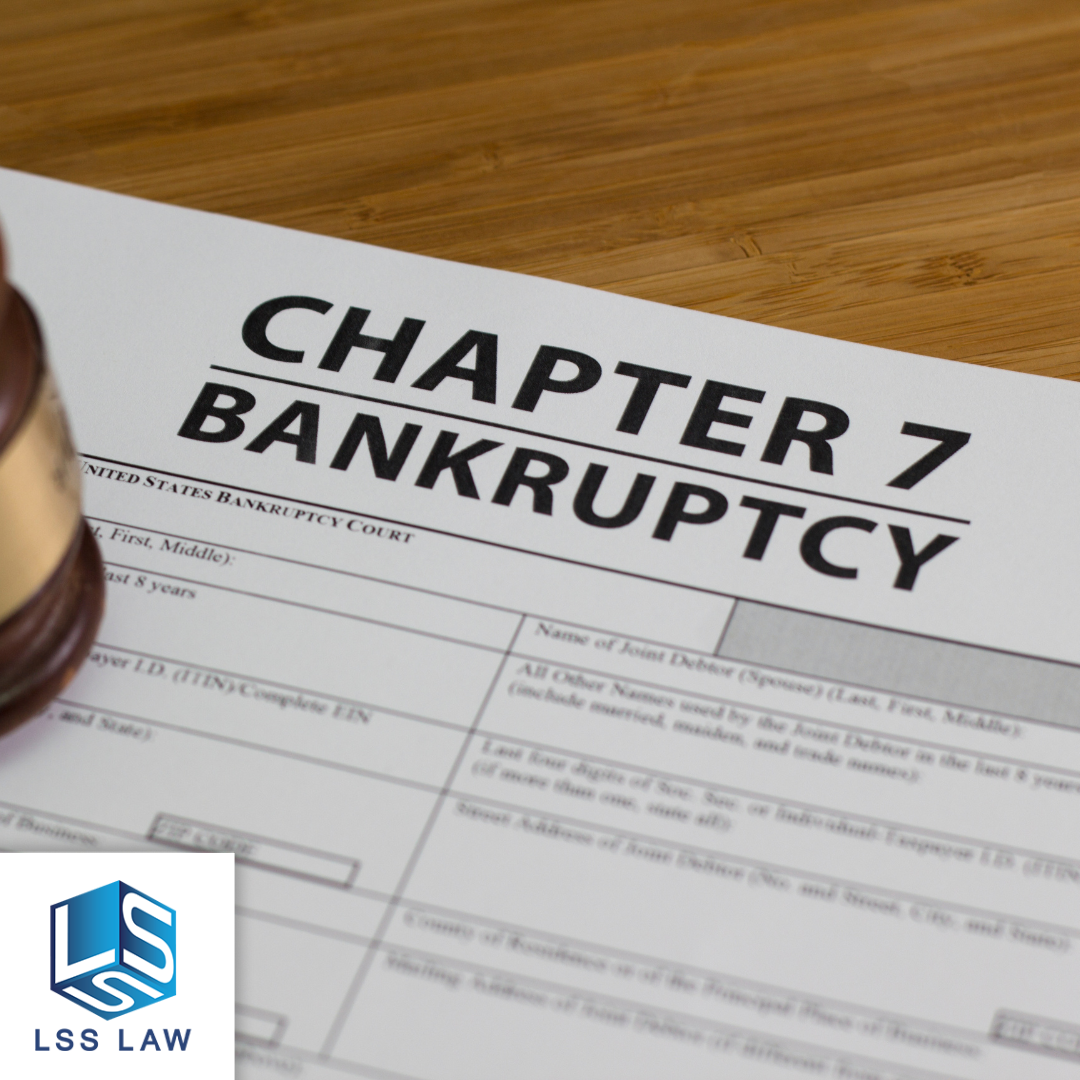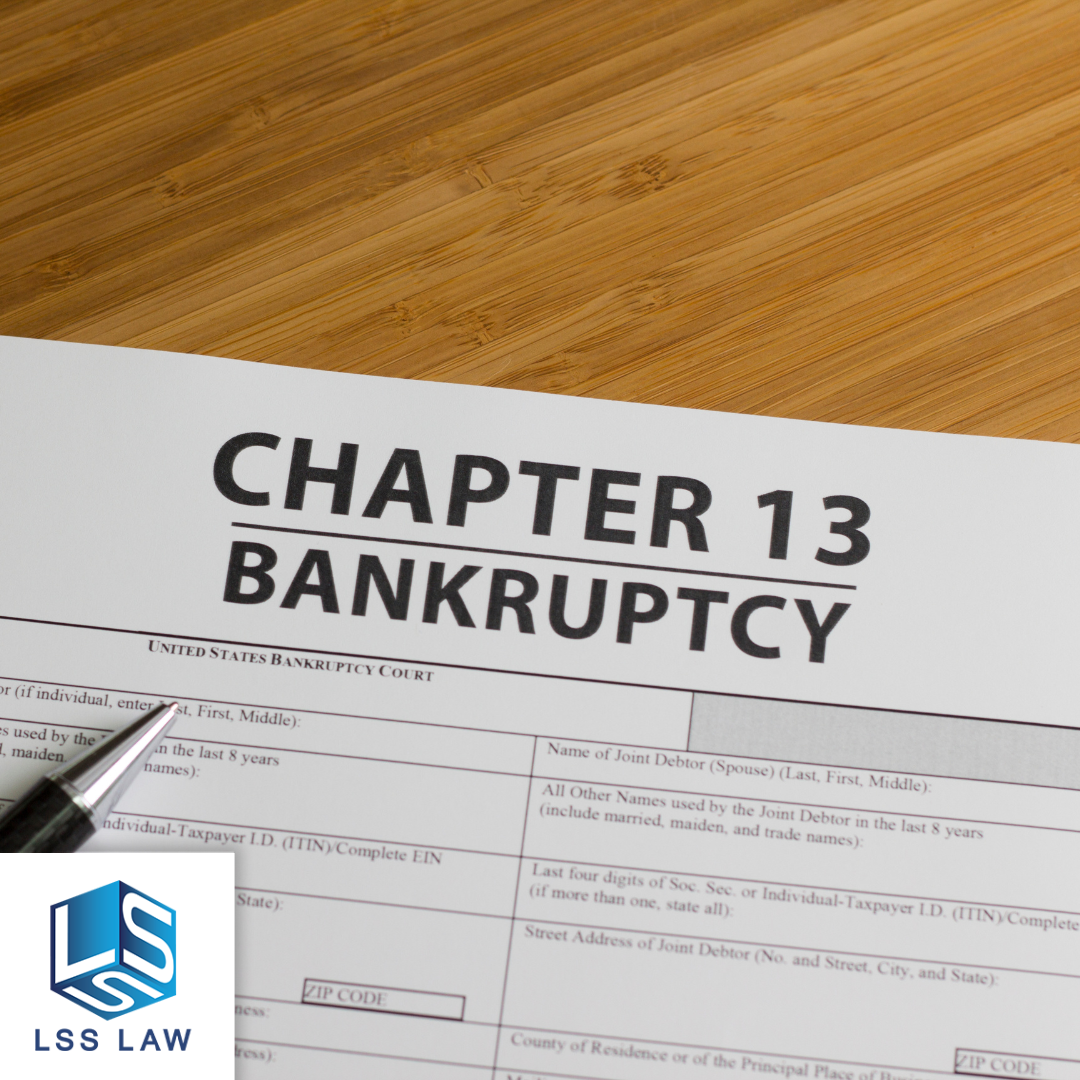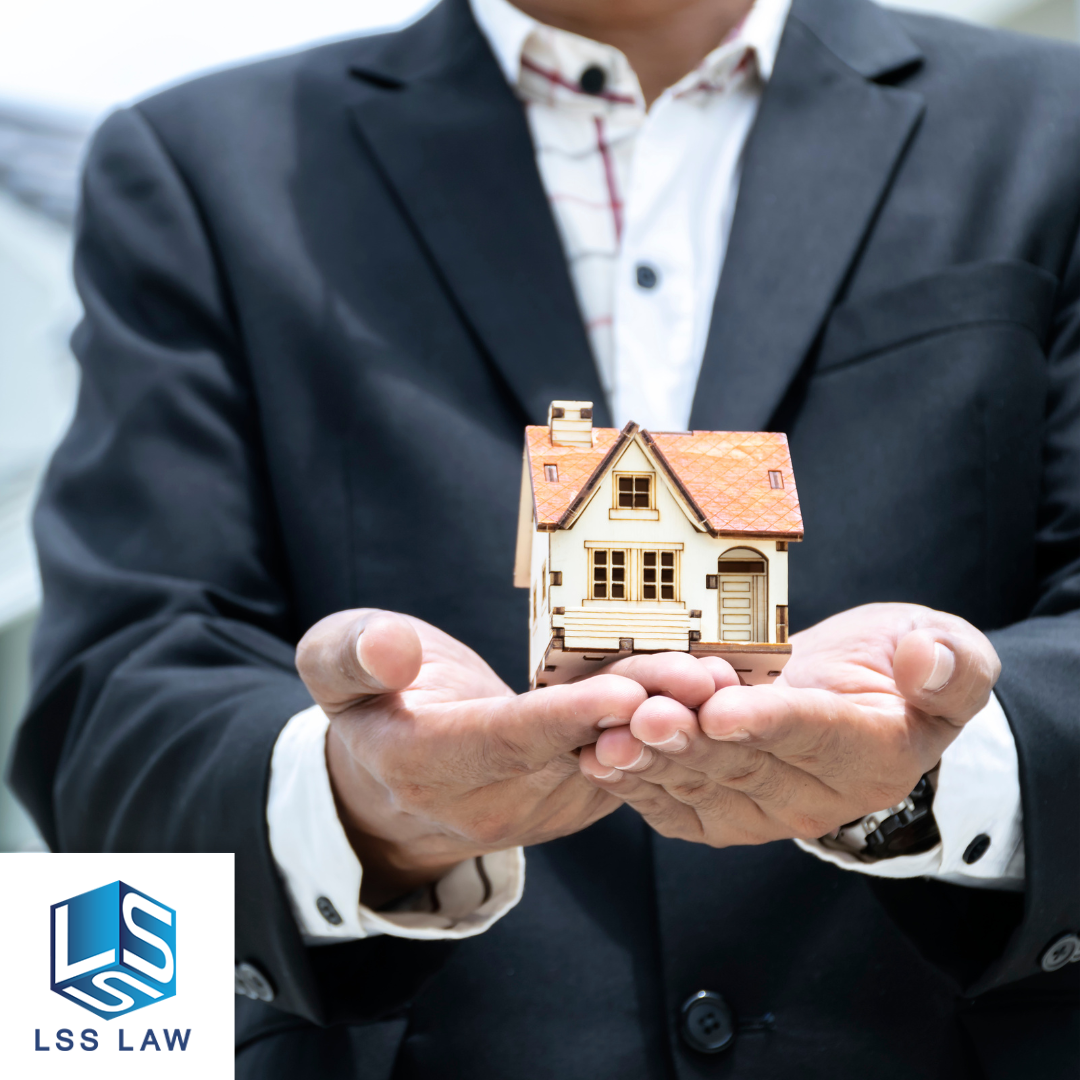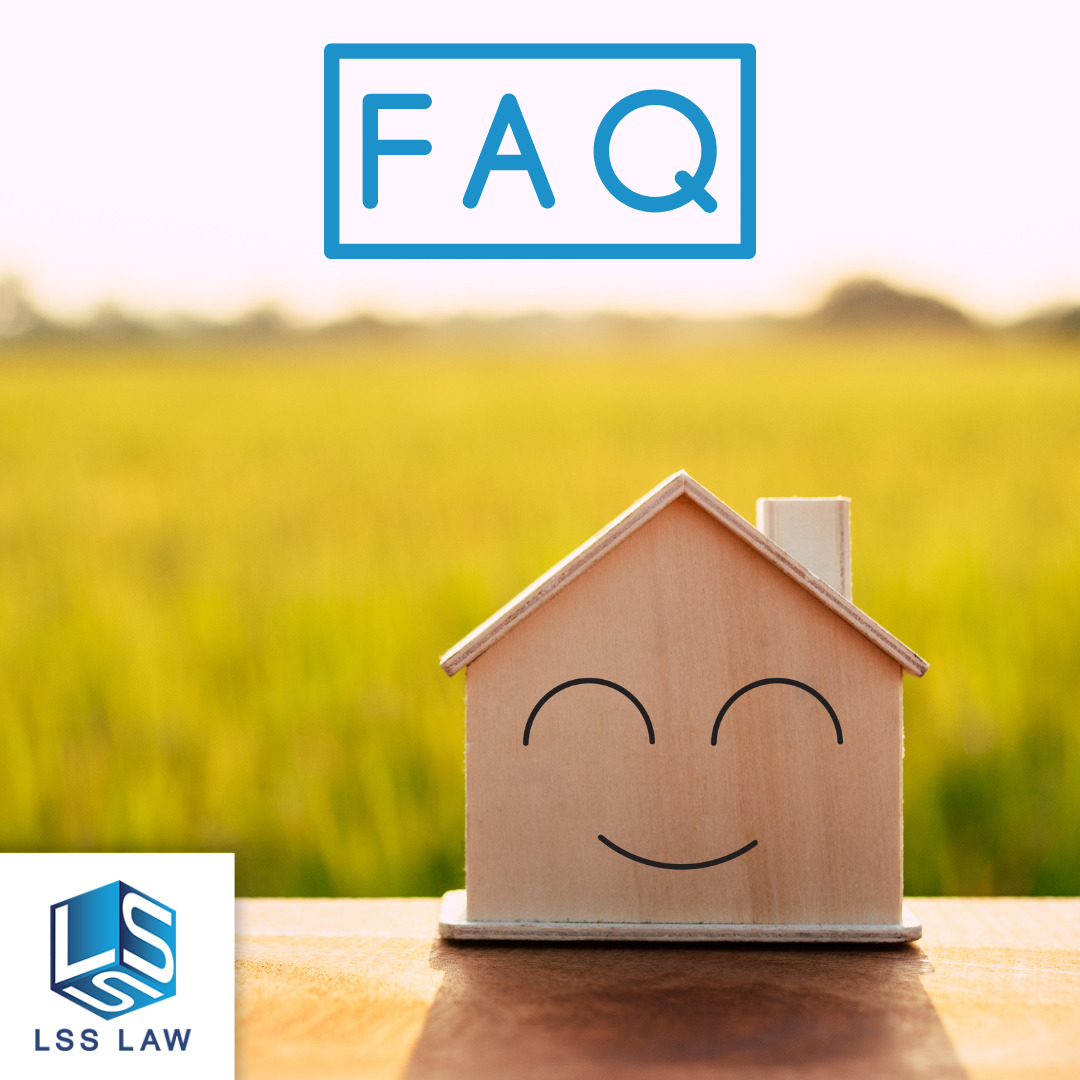Many people are terrified of filing bankruptcy because they fear losing their homes. But, if you file for bankruptcy, you may be able to keep your home if you take the proper steps.
Individuals considering bankruptcy may be able to work with their lenders to create a payment plan that allows them to stay current on their mortgage payments without becoming overwhelmed by other financial obligations. Making mortgage payments on time and in full is critical to keeping your home when filing for bankruptcy.
Understanding how different types of bankruptcies handle mortgages is important to determine which option is best to keep a home after bankruptcy.
How to Keep Your Home in a Chapter 7 Bankruptcy

When filing for a Chapter 7 bankruptcy, it is important to know that in most cases, the process does not involve selling off assets to repay creditors. In fact, you are allowed to keep certain items, including your home, as long as you make payments on the mortgage or fall within your state’s homestead exemption. A successful Chapter 7 can also wipe out any unsecured debts, giving people a fresh financial start.
Homestead Exemptions
Florida’s homestead exemption aims to protect a homeowner from being forced to sell their house to pay off debt. With a homestead exemption, a person who files for Chapter 7 bankruptcy may be able to keep their home. If the property meets the criteria, the homeowner can keep all of the equity in the home.
Different states have different laws about homestead exemptions and bankruptcy filing, so talk to a qualified bankruptcy attorney to find out about your state’s homestead exemption criteria.
Florida Homestead Exemption Criteria
In order to qualify for the exemption, the debtor must be a permanent Florida resident and the homestead property must be the debtor’s primary place of residence. A second home or investment property will not qualify.
The Florida homestead exemption in bankruptcy provides protection to a primary residence without any value limit, as long as the debtor has owned and lived in the home for a minimum of 40 months. Also, the property cannot exceed half an acre within a municipality or 160 acres in a rural area.
How to Keep Your Home in a Chapter 13 Bankruptcy

If you file for Chapter 13 bankruptcy, there are things you can do to keep your home. One of the most important steps is to keep making monthly mortgage payments even during the bankruptcy process. Because the property serves as collateral for the mortgage loan (a secured debt), a lender may legally seek foreclosure if payments fall behind.
Maintain Your Chapter 13 Repayment Plan
During a Chapter 13 bankruptcy, a repayment plan will be set up to pay off any mortgage debt. Ideally, an experienced bankruptcy lawyer will help guide you through this process and help you come up with a manageable monthly payment amount after assessing your income, expenses, assets, and debts.
The repayment plan is submitted to the bankruptcy court for approval and to ensure that it meets the requirements of Chapter 13 bankruptcy. Once approved, your monthly payments will be given to a trustee, who will distribute the money to each creditor.
You must keep up with these payments if you want to keep your home. If you can’t keep up with the payments or if the repayment plan can’t be changed to fit your needs, your property could become part of the bankruptcy estate and be sold to pay off your debts, so make sure you have no missed payments.
Benefits of Filing Bankruptcy

Filing for bankruptcy can be a hard choice, but it can help people get out of debt and in many cases let them keep their homes. During the bankruptcy process, each debtor is assigned a bankruptcy trustee whose job it is to determine whether there are any assets that are not protected through exemptions. Creditors can object to or offer payment plans for non-exempt debts based on the debtor’s income and assets.
If creditors agree that a complete discharge of the debt is fair, the person who files for bankruptcy will no longer have to pay back these debts.
What Happens to Your Home When You File Bankruptcy?

When you file for bankruptcy, you should carefully consider the different situations that you can apply to your home.
State laws on exemptions will vary, and a lawyer is best to advise on them. You could also reaffirm the mortgage with your mortgage company, surrender your home, or redeem the property.
No matter which option you choose, it will affect your bankruptcy case, so it’s important to think carefully about each one before making a choice.
Other Bankruptcy Exemption Options
There are other many exemptions that can help when you file for bankruptcy, in addition to the homestead exemption. Each state has a list of things (or assets) that can’t be taken away to pay off unsecured debt, such as medical bills. Each exemption has a limit and some criteria that must be met before being used in bankruptcy court.
wildcard exemption
For example, in Florida, if a debtor has not used a homestead exemption, a wildcard exemption can be considered to protect $4000 ($8000 if filing jointly) of property. This means that unsecured creditors can’t take these things away from you if you file for bankruptcy.
personal property exemption
There is also a personal property exemption that allows people to keep everyday items or services that are needed to live.
In addition, there are public benefits exemptions, wage exemptions, motor vehicle exemptions, and more. Bankruptcy exemptions can be tricky and you’ll need to know which ones apply to your situation to ensure your finances are as safe as possible during and after the bankruptcy process.
Reaffirming a Mortgage
A debtor may choose to reaffirm the mortgage during the bankruptcy proceeding. This means that they agree to continue making payments on the mortgage as if the bankruptcy had never occurred. In exchange, the creditor agrees not to foreclose on the property as long as the debtor continues to make payments.
In this process, both parties enter into a new contract, often it is the same as the original one, but sometimes that can be negotiated. The decision to reaffirm should be based on the debtor’s ability to make payments, the value of the property, and other relevant factors.
The contract is binding and can leave you open to foreclosure if you are unable to make the payments – you’ll want to consult with a lawyer before making this decision.
Surrendering Your Home
Giving up your home can be a hard choice, but it can go a long way in getting you out of debt. When you give up your home, you might be able to get rid of your mortgage debt and other debts that are tied to it (such as home equity loans). It could also make it easier to pay your other bills.
In some cases, this can keep you from having to file for bankruptcy or lower the amount of debt that would be forgiven, if you did.
Surrendering your home won’t necessarily get you out of debt, and you shouldn’t do it until you’ve talked to an experienced bankruptcy lawyer who could tell you all of your options. It could hurt your credit score and make it harder for you to get loans in the future.
Redeeming Your Home
Redeeming a home is a way for homeowners to regain ownership of their property after it has been foreclosed on by their lender. In order to do so, you must pay the outstanding mortgage balance as well as all costs incurred during the foreclosure process.
This process may not always be an option, as it depends on the specifics of each person’s situation. Also, the time period in which to do this is important, and it can be as brief as ten days after foreclosure.
Because of this, anyone who is thinking about redeeming their home should talk to an experienced bankruptcy lawyer who can give them accurate advice on how to move forward.
What Other Options Do I Have?

If you are thinking about filing for bankruptcy for debt relief, there may be some things you can do to avoid foreclosure.
Options like loan modification, short sale, and deeds in lieu of foreclosure can help you get out of debt and avoid foreclosure at the same time.
Before making any decisions about bankruptcy or other ways to get out of debt, it’s important to do research and talk to a financial advisor or lawyer, because there are many helpful options.
Loan Modification
A mortgage loan modification aims to help homeowners avoid foreclosure and keep their homes.
An experienced bankruptcy lawyer can help navigate the process. There are several ways that a mortgage loan can be modified, including interest rate reduction, extending the loan term, principal balance reduction, or granting a forbearance.
To be eligible for a mortgage loan modification, the borrower typically needs to show that they are experiencing financial hardship, making it difficult to make the current mortgage payments. This could be due to a job loss, illness, or financial crisis.
Short Sale
A short sale can help prevent foreclosure. A short sale is a real estate transaction where the homeowner sells their property for less than the amount owed on the mortgage, or “short” of what it is worth. This will impact your credit, but it will not be as severe or last as long as a foreclosure.
The homeowner must provide financial documentation to the lender that demonstrates that a short sale is the best option for both parties. If the lender agrees to a short sale, they will be collecting less than the original loan agreement.
Deed in Lieu of Foreclosure
Deed in Lieu is typically an option for borrowers facing imminent foreclosure. When you enter into a deed in lieu agreement, you voluntarily transfer the deed to your lender. In return, the mortgage lender agrees to forgive the remaining balance on your loan.
The lender might not agree to accept the deed and even if they do, then a deed in lieu might not relieve the homeowner from previous mortgage debt on the property.
This process can be complicated and you’ll want to be sure that you are making the smartest decisions. It is best to consult a good lawyer or financial before making any decisions and also let them help you negotiate with the lender.
Contact LSS Law to Learn More About Keeping Your Home in Bankruptcy

If you are considering bankruptcy as a financial tool for debt relief, you should be aware that you can often keep your home. Contact LSS Law at 954-466-0541 for more information on how to keep your home during the bankruptcy process.
You can also visit our contact page at lss.law/contact. Our experienced bankruptcy attorneys will be happy to give you more information and answer any questions you may have about how to protect your home during bankruptcy.
Can You Keep Your House if You File Bankruptcy? Frequently Asked Questions

How bankruptcy affects your home is a common question. The answer depends on your mortgage type, home equity, and the state in which you live. The federal government may let financially troubled homeowners stay in their homes during and after bankruptcy.
A homeowner in foreclosure may be able to negotiate with their lender to avoid foreclosure. If you want to keep your house and file for bankruptcy, consult an experienced bankruptcy lawyer.
Can I keep my house if I file for bankruptcy in Florida?
The Florida homestead exemption in bankruptcy provides protection to a primary residence without any value limit, as long as the debtor has resided in that home in Florida for a minimum of 40 months and the property does not exceed half an acre within a municipality or 160 acres elsewhere, from being seized by creditors.
If you declare bankruptcy outside of this criteria, you may lose your home. This depends on many factors. Before taking this big step, call LSS Law to speak to a bankruptcy attorney who can help you protect your home and explain your options.
How do I protect the equity in my home when I file for bankruptcy?
There are options available that can help you protect the equity in your home. Most importantly, continue to make mortgage payments, as your home is the collateral that was used to secure the mortgage loan, just as your car is the collateral for your car payments.
Consult a bankruptcy attorney who will know the laws for your state. He or she will assess your specific situation and advise you on how to lawfully safeguard your home equity.
Can I keep my house if I am behind on my mortgage payments?
If you fall behind on monthly mortgage payments, there might be things that you can do to avoid losing your home. Knowing whether your financial trouble is temporary or permanent will help you choose. For example, your lender might be willing to refinance or modify the terms of your loan.
Talk to your lender or a financial professional as soon as possible about choices to keep your house. However, if you haven’t paid in a while, foreclosure may be inevitable. To learn about your legal alternatives and ensure the procedure is done correctly, you need professional advice.
Can I keep my house if it is in foreclosure?
You may be able to keep your home if it is in foreclosure. This depends on your situation and state laws. Also, depending on the stage of the foreclosure process, making up missed payments may allow a homeowner to keep their home.
There might be no recourse if their lender starts eviction proceedings. Consult a qualified lawyer quickly if your home is in foreclosure. He or she can offer counsel and investigate all options to assist you to keep your home.






